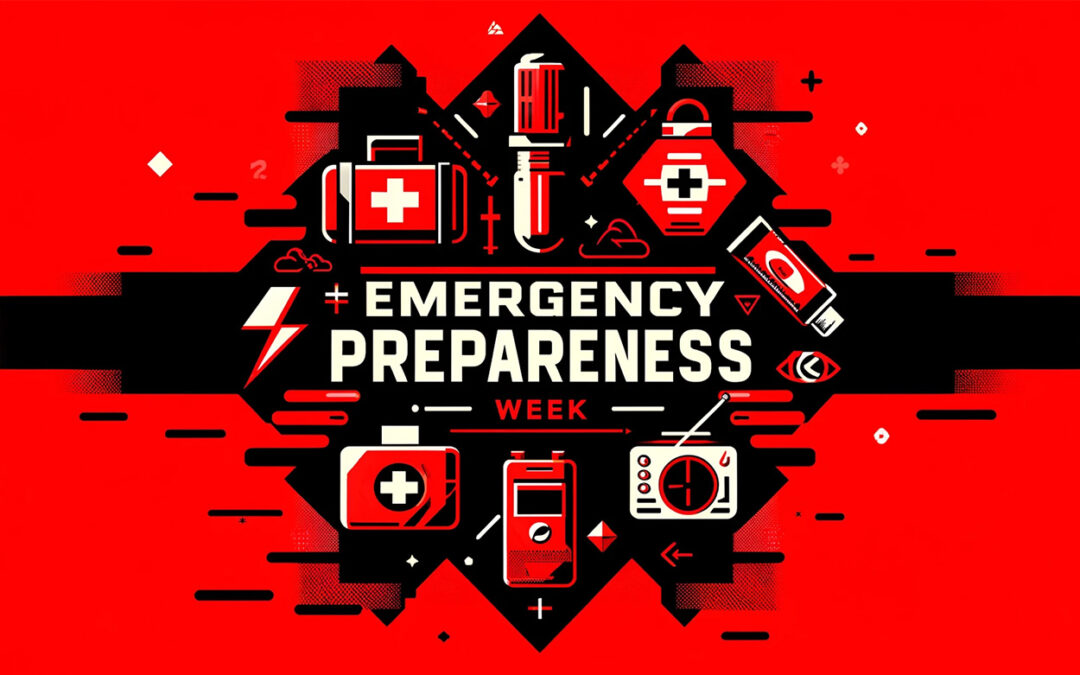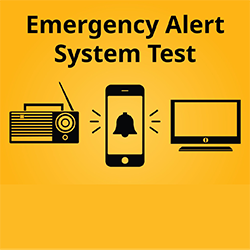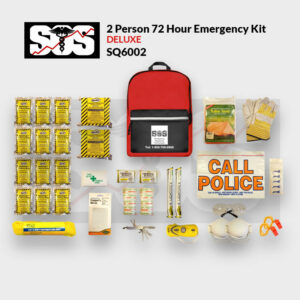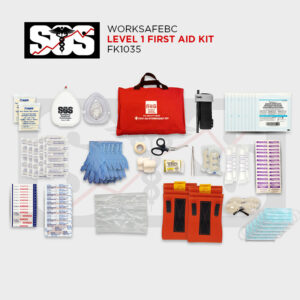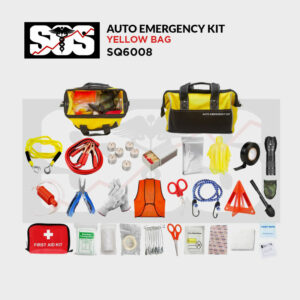Emergency Preparedness Week 2024: 4 Essential Tips to Prepare
Emergency Preparedness Week in Canada is a national awareness initiative that encourages Canadians to take proactive steps to mitigate the impacts of potential emergencies. Held annually during the first full week of May, this week serves as a crucial reminder of the importance of being prepared for unexpected situations, ranging from natural disasters to technological or environmental incidents.
The Importance of Emergency Preparedness Week
The significance of Emergency Preparedness Week highlights the unpredictable nature of emergencies and disasters, emphasizing that the right knowledge and preparations can save lives, minimize injury, and reduce economic loss. By promoting a culture of preparedness, Canadians can improve their resilience against emergencies, ensuring a quicker, more efficient response and recovery.How to Prepare for Emergency Preparedness Week: A Step-by-Step Guide
Know the Risks:
Understanding the specific risks in your area—whether it’s floods, wildfires, earthquakes, or severe weather—is crucial and should be your first step towards better safety. Getting to know these risks not only gives you a heads up about what could happen, but it also greatly shapes your preparation strategies and emergency plans.
Emergency Preparedness Week reminds you to acquire the knowledge that allows you to tailor your actions to effectively respond to each potential hazard.
For instance, if you live in an area prone to wildfires, you’ll want to create a plan that includes safe evacuation routes and fire-resistant measures for your home. On the other hand, if floods are a frequent concern, you’ll focus on waterproofing important documents and creating barriers for floodwaters.
By starting with what’s specific to your locality, you can build a comprehensive and effective emergency plan that addresses the unique challenges you might face.
Make a Plan:
Every household should have an emergency plan. This plan should include details on safe exits from your home, meeting places to reunite with family or roommates, and local emergency contacts. Don’t forget to consider the special needs of children, seniors, people with disabilities, and pets.
Prepare an Emergency Kit:
In case you need to evacuate quickly or shelter in place, having an emergency kit is vital. Essentials include water (two liters per person per day), non-perishable food, a flashlight, batteries, a first aid kit, medications, important documents in waterproof containers, and cash in small bills.
SOS makes Emergency Preparedness Week easy! We offer FULLY stocked, Grab-n-Go! – 72hr Emergency Kits & First Aid Kits (click to shop now!)
Stay Informed:
Sign up for local alerts and warnings. Knowing how your community broadcasts emergency information is critical during a crisis. Consider a battery-powered or hand-crank radio to receive updates if power is out.
On May 8th the national emergency alert system will be tested.
Example message:
“This is a TEST of the Emergency Alert system. This is ONLY a TEST. In an emergency, this message would tell you what to do to stay safe. This information could save your life. This is ONLY a TEST. No action is required.”
Do not call 911 for information about the test. Using 911 for non-emergency calls could delay help for people in crisis.
For more information go to the Government of BC website

